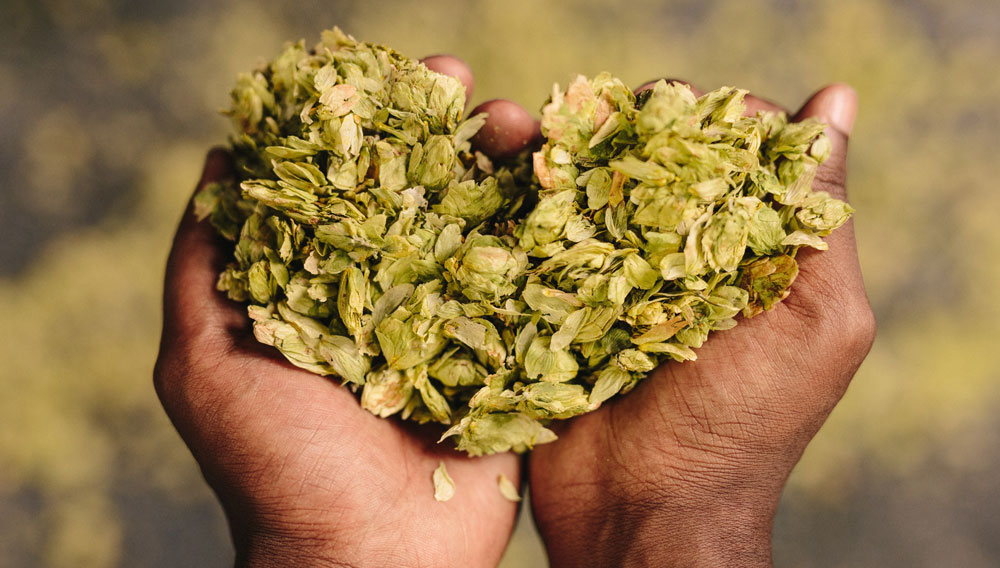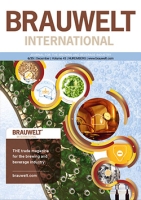The impact of wort production on the flavour quality and stability of pale lager beer
Fine milling in combination with thinbed mash filters has been introduced into the brewing industry more than 20 years ago. Although clearest worts can be obtained at highest gravity, in combination with high extract yield and improved starch conversion, a majority of brewers still use the conventional coarse milling in combination with lautertuns. Brewers seem still afraid having a negative impact of fine milling on wort and beer quality especially with regard to over extraction of polyphenols, proteins and oxidative enzymes. A lack of detailed data comparing both wort production methods could be a reason. In this study, the faster wort filtration as well as higher extract yield has been confirmed when using fine milling and a thin bed filter..
A higher concentration of fermentable sugar led to this increased yield and not an increased level of proteins and polyphenols. On the contrary, fine milling in combination with thicker mash and thin bed filtration results in a lower level of haze sensitive protein in the pitching wort in comparison to coarse grist and the use of a lautertun. No striking differences have been found comparing analyses of fresh beer. Also during forced ageing of the beers at 30 °C, no difference in the formation of flavour negative compounds or degradation of bitterness has been noticed. Both wort production methods result in highly comparable beers with equal flavour stability.
BrewingScience - Monatsschrift für Brauwissenschaft, 66 (January/February 2013), pp. 1-11
Keywords
mashing wort production flavour stability milling
Source
BrewingScience – Monatsschrift für Brauwissenschaft


